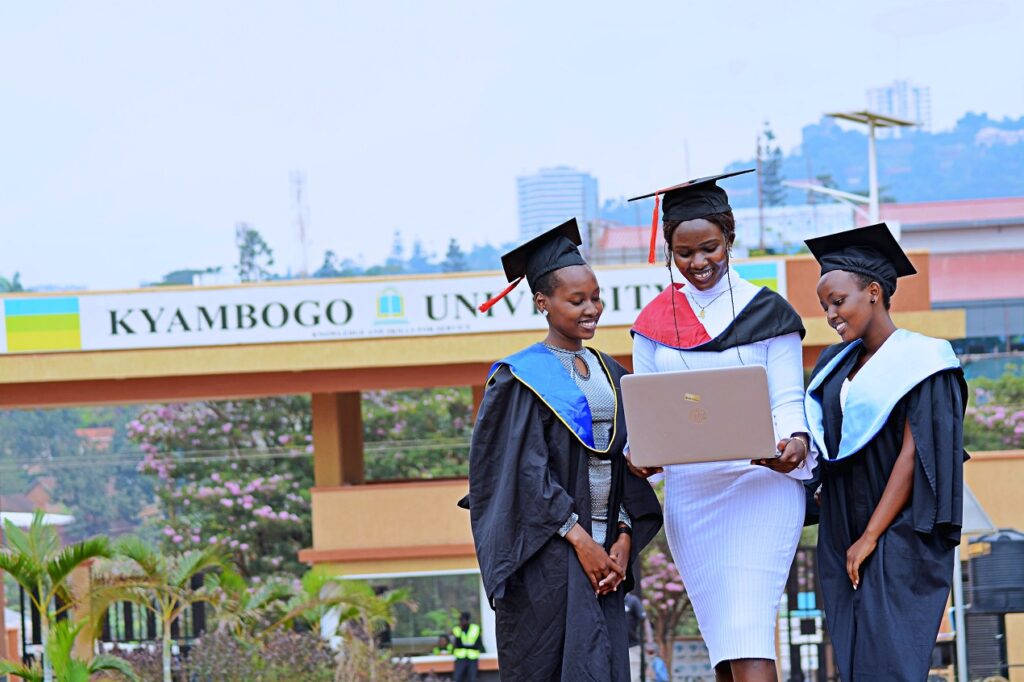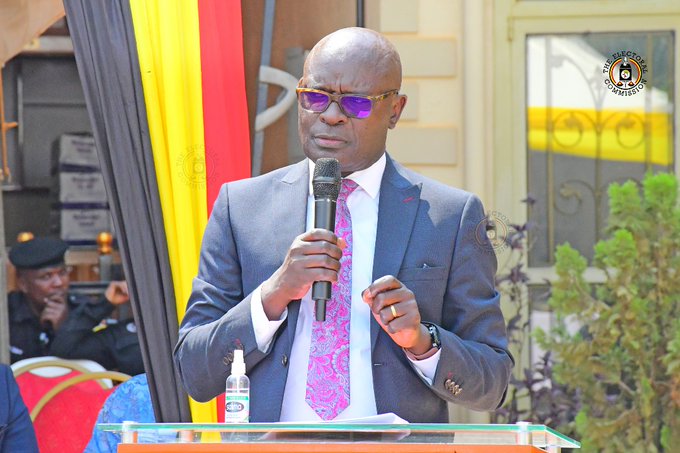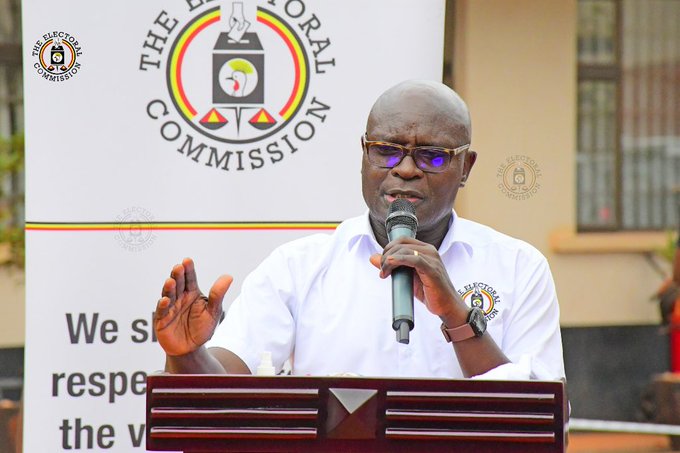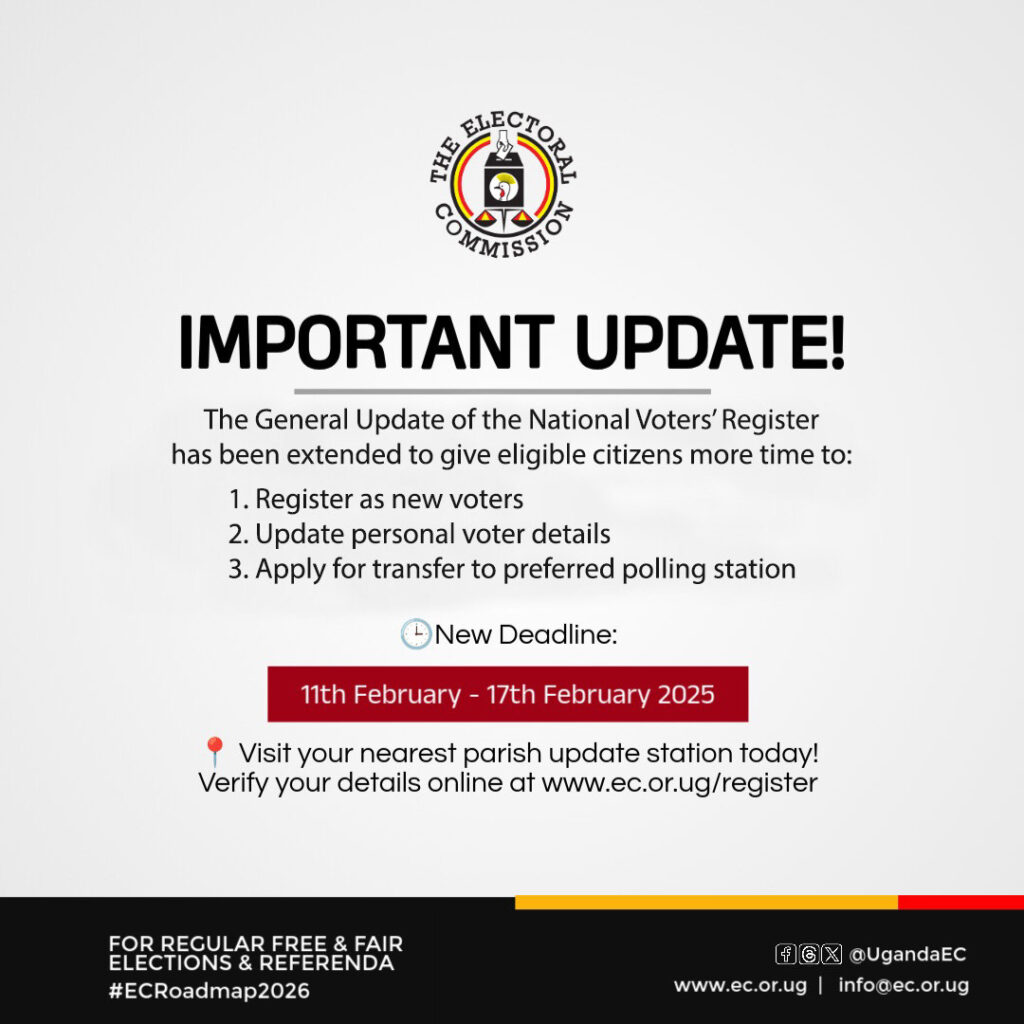KAMPALA, UGANDA – The Innovations for Poverty Action (IPA), in partnership with Kyambogo University (KYU), has planned a training program to enhance the skills of researchers in translating research into policy.
The training, which will take place on May 2 at the university, is a collaboration between IPA and KYU under the Faculty of Social Sciences, with the help of its Dean, Associate Professor James Mugisha, to underscore a shared commitment to bolstering the capacity of researchers operating in Low- and Middle-Income Countries (LMICs), with a specific focus on advancing knowledge in research and evidence-based decision-making.
Dr. Judith Nagasha, an academic at KYU and a key coordinator of the training programme says the training is part of IPA’s ongoing LMIC Researcher Diversification Initiative, which seeks to empower researchers across diverse fields.
“The forthcoming workshop is geared towards bridging the gap between research endeavors and actionable policy outcomes. A significant challenge has been identified within the research landscape; wherein extensive research efforts often fail to translate into tangible policy actions,” she told ResearchFinds News yesterday.
Accordingly, the training workshop will serve as a response to this pressing issue, aiming to equip researchers with the necessary tools and strategies to effectively translate their findings into policies that drive meaningful change.
By addressing this gap, IPA and KYU are aiming to foster a culture of evidence-based decision-making, ultimately contributing to more impactful and sustainable development outcomes in LMICs.
The workshop will equip researchers with the necessary skills and knowledge to effectively translate research findings into policy recommendations.
Further, the workshop will foster a deeper understanding of the policy-making process and the role of research in informing policy decisions.
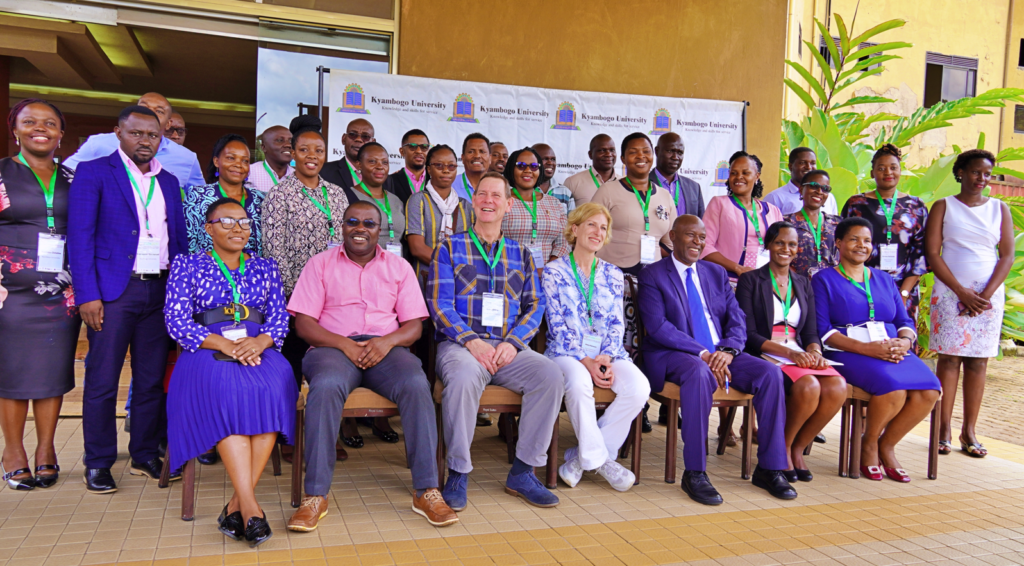
Dr. Nagasha adds that the workshop will provide practical tools and strategies for engaging with policymakers and stakeholders to influence policy development and implementation.
It will additionally equip researchers with effective communication tools for engagement with the target audience
The workshop will consist of interactive sessions, presentations, case studies, and group discussions covering such topics as Understanding the Policy Landscape, Overview of the policy-making process, Identifying key stakeholders and decision-maker and Mapping out policy priorities and challenges.
The second segment of the workshop will focus on effective communication of research findings, crafting policy briefs and summaries, utilizing data visualization techniques and tailoring messages for different audiences.
The third segment will tackle building of relationships with policymakers, strategies for engaging policymakers and stakeholders, establishing trust and credibility and navigating political dynamics in policy advocacy.
The last segment will focus on evidence-based policy development, integrating research evidence into policy formulation, addressing uncertainties and limitations in research findings and balancing scientific rigor with policy relevance.
The workshop is designed for researchers, academics, policy associates, and practitioners involved in generating or utilizing research evidence for policy-making in LMICs.
At the end of the workshop, participants will have gained enhanced capacity to effectively translate research findings into policy recommendations, develop strengthened connections and collaborations between researchers and policymakers and increase awareness of best practices and strategies for evidence-based policy advocacy.
About IPA
Innovations for Poverty Action (IPA) is a nonprofit research and policy organization that aims to discover and promote effective solutions to global poverty issues. Founded in 2002 by economist Dean Karlan, IPA conducts randomized controlled trials (RCTs) and other rigorous research methodologies to evaluate the impact of various programs and interventions on poverty reduction. The organization collaborates with governments, NGOs, academic institutions, and other partners around the world to design and implement research studies.
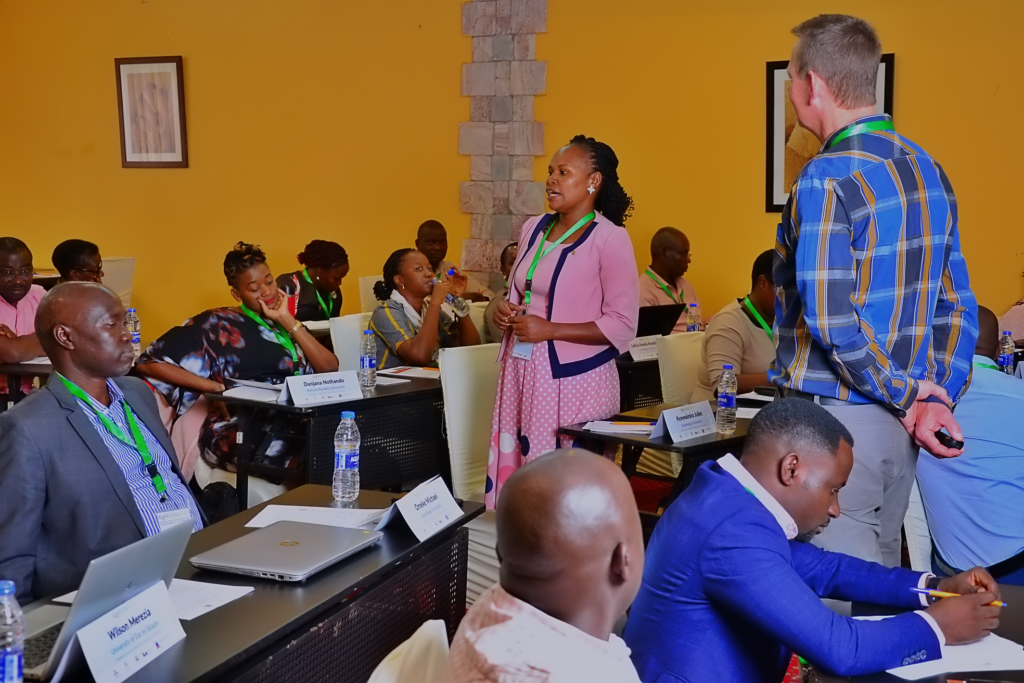
In Uganda, IPA has been at the forefront of collaboration with researchers, practitioners, and policymakers to identify, evaluate, and scale impactful interventions, thereby shaping national policy, since 2010. Its efforts have traversed a wide array of sectors, encompassing agriculture, gender equality, livelihood enhancement, education, early childhood development, consumer protection, peace and recovery, healthcare, and financial inclusion. Central to our mission is the cultivation of robust partnerships with key government entities such as the Ministry of Education and Sports, the Ministry of Gender, Labor and Social Development, and the Office of the Prime Minister.
These collaborations serve as pillars for the dissemination and implementation of evidence-based policies aimed at driving sustainable development and fostering social equity across Uganda. In addition to our engagement with governmental bodies, IPA Uganda has fostered enduring relationships with pivotal institutions, including the Bank of Uganda, local universities, and research centers. Makerere University, Kyambogo University, and the AfriChild Centre stand as exemplars of our commitment to academic collaboration and knowledge exchange. Through these alliances, we have not only contributed to the advancement of research methodologies but have also facilitated the seamless integration of research findings into actionable policies and programs.
About Kyambogo University
Kyambogo University (KYU) is a public university in Uganda. It is one of the eight public universities and degree-awarding institutions in the country with the motto, “Knowledge and Skills for Service.” It was established in 2003 by the Universities and Other Tertiary Institutions Act 2001 by merging Uganda Polytechnic Kyambogo (UPK), the Institute of Teacher Education, Kyambogo (ITEK), and the Uganda National Institute of Special Education (UNISE).
How to Apply: Participation in the workshop is open to all researchers, academicians, policymakers, and graduate students. If interested, send an expression of interest to jnagasha@kyu.ac.ug
About The Author
Arinaitwe Rugyendo
Rugyendo is the Founder and Editor-in-Chief of ResearchFinds News. He’s an accomplished journalist with a rich background in the media industry in Uganda. With over two decades of experience, Rugyendo has held various roles including cab reporter, Bureau Chief, Managing Editor, and Digital Media Editor at renowned publications such as Daily Monitor and Red Pepper. Throughout his career, he has demonstrated a commitment to delivering high-quality journalism and staying at the forefront of media trends. In addition to his journalistic pursuits, Rugyendo is currently pursuing a Ph.D. in Journalism and Communication at Makerere University. He has been recognized for his outstanding leadership and commitment to social change as a Desmond Tutu Fellow and Crans Montana New Leader. Rugyendo also serves as the Chairman of Young Engineers Uganda and Uganda Premier League, showcasing his dedication to promoting excellence and growth in various fields. With a passion for driving innovation and pushing boundaries in media, Rugyendo continues to make significant contributions to the industry. His vast experience, academic pursuits, and leadership roles make him a respected figure in the Ugandan media landscape.

